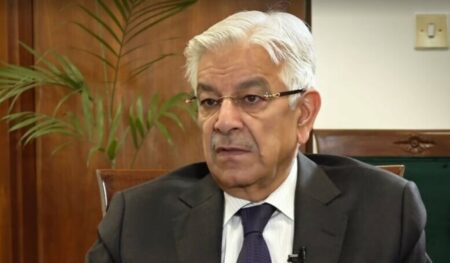Islamabad, Dec 13: The World Bank has assessed the $425 million National Transmission Modernization Project as moderately satisfactory saying that to finish the Islamabad West Substation IWS contract an expansion is necessary: the evacuation of the Bank-funded Dasu hydropower plant.
To date $160.37 million or 37.73% have been disbursed, and $ 264.63 million have not been disbursed.
The initial end date of the project has been shifted to April 30, 2025, which was earlier set for January 31, 2024.
The contending project was approved in December 2017; it is in its sixth year of implementation and planned to end on April 30, 2025.
However, due to the IWS contract that has not yet been delivered to an early conclusion of February 2027, an extension will be required.
The other activities are expected to complete between April and July 2025 while network enhancement and strengthening is planned for November 2024 to February 2025.
The main an objective of the National Transmission Modernization Project is to enhance the capacity and dependability of the several links in the Pakistan’s national transmission network and to enhance the business models of the National Transmission and Dispatch Company (NTDC). The project is divided into three main components:
- Expansion and Upgrade of the Transmission Network: This includes upgrading and expanding selected existing 500 kV and 220 kV substations and lines, along with constructing new substations and transmission lines at 765 kV, 500 kV, and 220 kV. This component is divided into two sub-project groups: Group 1 includes high-priority sub-projects with completed feasibility studies and safeguard documents. Group 2 includes potential sub-projects outlined in NTDC’s 2016–2021 Power Sector Development Plan (PSDP).
- Deployment of the Enterprise Resource Planning (ERP) System: This component funds the initial phase of an ERP program for NTDC, including modernizing ICT infrastructure and implementing an integrated ERP system to improve management capabilities. It covers the procurement of civil infrastructure, software, office automation hardware, consulting services for system implementation, and ICT capacity-building efforts.
- Project Management, Technical Assistance, and Capacity Building: This component funds services for project management and implementation support, enhances NTDC’s capacity to handle new thermal and renewable energy generation, modernizes NTDC’s business processes, and prepares for future investments, along with additional technical assistance and capacity-building support as agreed between NTDC and the World Bank.
